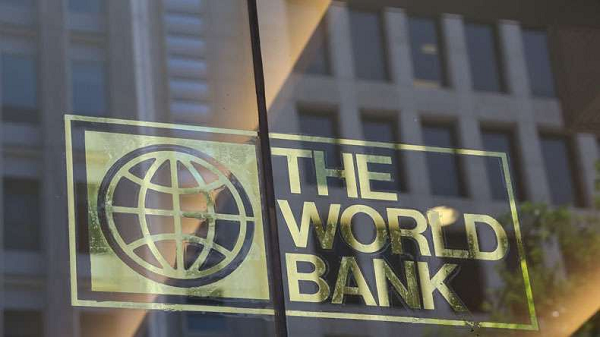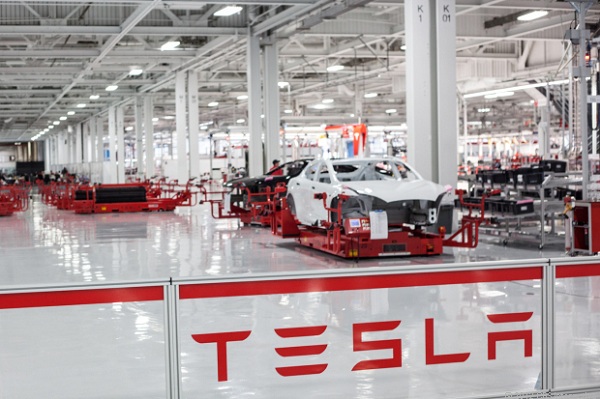 By Jim Yong Kim, President, World Bank Group,
By Jim Yong Kim, President, World Bank Group,
Baden-Baden, (NNN-ALLAFRICA) : The G20 finance ministers met last week in Germany to discuss critical challenges facing the global economy, from climate change to migration to humanitarian emergencies like the unfolding famine in parts of Sub-Saharan Africa and the Middle East.
I left the discussions encouraged by the shared commitment to deal with these key issues. I shared how the World Bank Group is working to provide at least US$1.6 billion for the famine-affected countries, steering funds to help those most vulnerable.
One of the most important undertakings at the G20 meeting, under Germany’s leadership, was the need to place a higher priority on the growth and development of Sub-Saharan Africa. There are many reasons, apart from the famine, why it is important to sharpen our focus on Africa.
The end of the commodity boom hit the region hard. In 2016, Sub-Saharan Africa’s growth slowed to an estimated 1.5 percent, the weakest pace in over two decades, as commodity exporters adjusted to low prices. That’s well below the annual economic growth the region was seeing before the global crisis. Regional GDP per capita contracted by 1.1 percent in 2016. Capital flows to the region, including FDI, declined in 2016. Overall investment growth dropped to near-zero in 2015 after averaging 5 percent from 2010-2015.
But Africa has shown significant signs of economic resilience, with 41 percent of Africans living in countries that have average GDP growth rates of over 5.5 percent. And in 2017, Sub-Saharan Africa is expected to see a modest rebound in growth, to 2.9 percent, rising above 3.5 percent in 2018 as the region continues to adjust to low commodity prices. This is a great opportunity for the international community to partner with the people of Africa to create conditions for faster growth and more sustainable development.
Last December, a coalition of more than 60 governments—from both developed and developing countries—helped replenish the World Bank Group’s International Development Association (IDA), our fund for the poorest, with a record $75 billion. Nearly 60 percent of this will be dedicated to Sub-Saharan Africa over the next three years, doubling IDA support for the region.
As part of the IDA funding, Africa is expected to have access to a significant level of resources through special finance windows to support regional programs and assistance to refugees, and an initiative to de-risk and mobilise private investment, especially in fragile environments.




0 Comments